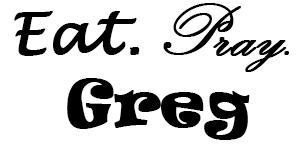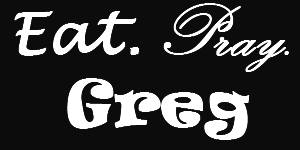Imagine, if you would, that the Union lost the Civil War. Jefferson Davis and his army, commanded by Robert E. Lee, headed North, leaving nothing but desolation in their wake. Anyone that had shown succor to the Union cause was rounded up, their possessions taken and redistributed before they were executed. Before the Confederacy could dispatch the Union High Command, Lincoln and his generals gathered all the moveable treasure they could. They liquidated museums, libraries, even our very Constitution and spirited them away to Puerto Rico. This new government in exile lay in wait as the champions of slavery spread across the country.
While this scenario did not occur in the United States, it did for Taiwan, the Republic of China. It is a developing nation. At least concerning its now disconjoined evil twin, the People’s Republic of China. They once fought side by side, Red, and White, against their both red and white invader, the Empire of Japan. However, the sticky blood spilled in Manchuria was not enough to continue to bind them together. The culmination of the Civil War in 1949 drove the White Chinese out across the sea. But this scrappy island still made great sacrifices for what is important: museums, memorials, and, most importantly, munitions. As I was walking around the giant azure temple of deference to the Chiang Kai Shek, the founder of Taiwan and their Lincoln, I understood what a precarious situation in which they find themselves. I knew that this site, this hallowed ground of theirs, would be the first casualty if China decided to let slip the dogs of war for the final time. And the government knew too as there were 38 years of Martial Law, finally ending in 1987.
Either excited or immune to the constant threat of invasion by troops or atoms, the Taiwanese are a joyous and industrious people. I saw that for myself, the electricity flowing through patrons and shop vendors at their night markets: smiles, shouting, laughter, and music. I chose to visit Taiwan as someone I had worked with had lived here for 11 years, learning Mandarin and having adventures. He told me of their markets, their nightlife, but most importantly, their history.
Every year, millions of mainlanders come to see the works of art that were saved from the fires of Mao Zedong’s Cultural Revolution. Using this unique space in front of the National Palace Museum, volunteers stand out front with graphic depictions on signs of what is carefully hidden from those visiting: vivisection, organ harvesting, rape, and murder all at the hands of the CCP. Being well versed in the plight of the Falun Gong for over 20 years, it is nothing new to me. I was filled with inquisitiveness when I happened on a protest of tai chi being done by hundreds of people on 7th Ave in New York City in front of an HSBC building. However, I imagine someone stepping off a tour bus being confronted with their government’s evils for the first time. Not historically, but happening right now. What questions would they ask themselves? What questions could they ask themselves? Most importantly, what questions should they ask themselves?

